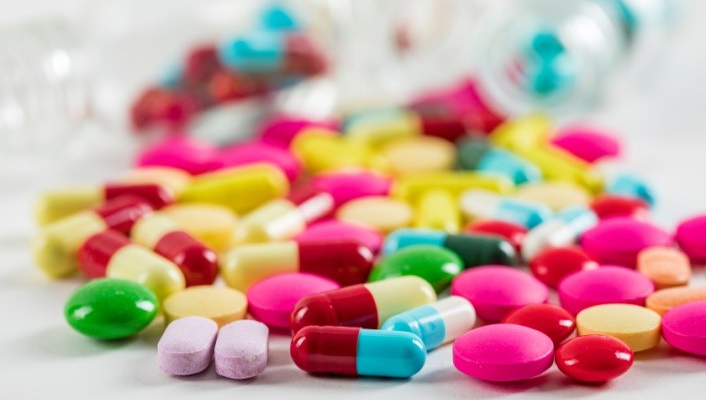There are a variety of theories concerning the cause of addiction that have been around for a long time. Some depict addicts in a negative way, which is unfortunate. Addiction to alcohol or drugs is not a character flaw; it is a disease.
Here Are the Most Prevalent Causes of Drug Abuse
Addiction is a disease that usually develops, rather than an organic illness that suddenly manifests itself. Even while many related elements have been identified, there is no one causal cause.
Genetic Factors
50% or more of a user’s propensity to addictive behavior can be attributed to genetic factors. Science has shown that this illness does indeed run in families, but most people are hesitant to believe that it is a real illness because of this. On the other hand, heart disease seems to elicit more empathy from the public. Substance abuse and addiction have a lot to do with the upbringing. Parents’ substance abuse significantly impacts their children’s future development of similar disorders. Adolescents with alcoholic parents are four to seven times more likely to become alcoholics themselves as adults. In addition, there is a higher likelihood of abuse and neglect in households where one or both parents are alcohol or drug dependent.
Environmental Factors
Young people and adults are influenced by their peers. The actions of a person’s friends impact what they do. These activities are more likely to occur in settings where alcohol or drug use is frequent. About 60% of high schoolers feel their campuses are drug-infested. While many adults succumb to peer pressure due to the fact that they were offered a drink or urged to use a drug by other individuals, adolescent and teen populations are often more concerned about this issue than any different demographic. People’s substance use habits are heavily influenced by their surroundings. Persistent alcohol and drug use might increase the risk of developing an addiction.
Physical Factors
A large part of brain addiction can be attributed to physical factors, particularly those that occur within the brain itself. Every system and action of your body communicate with each other thanks to neuronal connections. In this type of communication, neurotransmitters are involved. Any time a chemical agent is introduced, it disrupts the brain’s neurotransmitters. As tolerance grows, these neurotransmitters begin to malfunction on their own. Dopamine receptors in the brain, for example, can be permanently damaged if drugs or alcohol are misused. The brain’s natural dopamine reward system can be destroyed by addiction to alcohol, for example, leading receptors to break down over time. They are only able to function while intoxicated. As a result, the cycle of misuse and dependence continues.
Mental Illness and Substance Abuse
Substance abuse and mental illness are linked somehow, but is this a direct correlation? No. Addiction may be more likely in this case. Yes. Many people who have mental health issues also use drugs or alcohol. Anxiety problems, for example, are common among people with mental conditions. The DEA estimates that nearly 127 million prescriptions of benzodiazepines were written that year. For others, dealing with the symptoms of mental illness may mean abusing alcohol or other narcotics.
Seek Quality Addiction Treatment from Skyward
Like other chronic health conditions, addiction can be addressed with medication, therapy, and social support. To learn more about our Houston-based addiction treatment center’s treatment options and financing options, please contact Skyward Treatment Center’s online team of experts. Contact us also for info whether we accept your insurance.

Comments